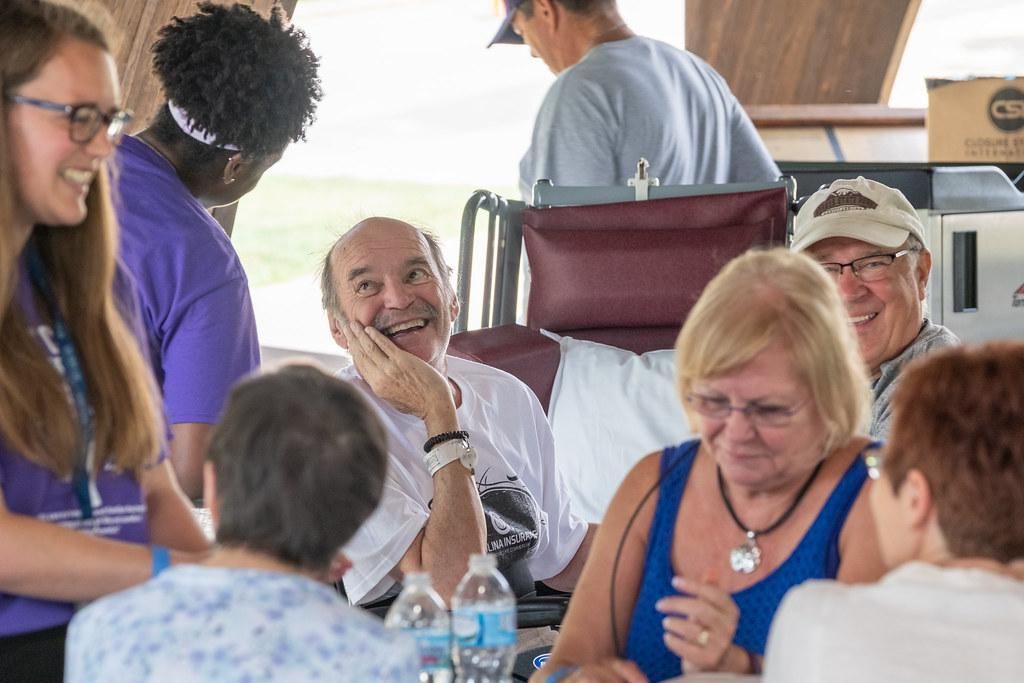There are different providers for hospice and community care. Providers implement numerous services and varying levels and quality of care. It is essential that the hospice and community care you select is high-quality, inclusive, and caters directly to the recipient's needs.
This article covers hospice care in detail and what it entails for the recipient and their close family or friends. In addition, it will cover features of providers that help indicate if they are suitable for you and of high quality in their field.
Hospice And Community Care In Detail
What Does ‘Hospice Care’ Entail?
You may be wondering what hospice care means. Hospice care refers to caring for those with life-limiting ailments, like terminal illnesses. Hospice care can occur at any stage in a person's condition. So, it is not only for those in the 'end of life' phase.
Where Is Hospice Care Provided?
Hospice care can occur in multiple locations, and the place usually depends on the recipient's wish. Some people prefer hospice care in their own homes. 'Home' can mean their own house, the house of a close friend or family member, or even an assisted living community.
The hospice care team includes medical experts, such as doctors, nurses, and therapists. Also, this consists of counselors and volunteers who were given specific and thorough training in caring for residents.
Types Of Services In Hospice Care
The provisions of hospice care include multiple services. Some of these services would only be useful for certain people as everyone and their needs differ. However, in general, included in hospice care are different types of therapy. For example, this can be both physiotherapy and occupational therapy.
Physiotherapy helps to improve the mobility and pain levels of someone who suffers from certain illnesses, injuries, or disabilities. It can also help those who have pain in places such as their back or shoulder. On the other hand, occupational therapy helps to enhance a person's ability to complete regular and specific day-to-day activities.
What Makes A Good Hospice Care Provider
There are several providers of hospice and community care. As a result, you must choose a highly suitable provider that gives high-quality care. This section covers several characteristics of a hospice and community care provider that help indicate their quality.
Transparency And Communication
A good hospice care provider is often comprehensive and transparent when it comes to their care—being transparent means the recipient of the care and the people they love are fully aware of all treatments and care. Moreover, communication also involves how well they listen to the needs and wants of the care recipient. A good hospice care provider is sure to adhere to the individual's wishes as much as possible.
Range Of Services
A good hospice and community care provider must be capable of providing a good range of services. Specifically, this means the recipient has all the necessary services to have high-quality care. For example, a type of therapy not available may reduce a patient's overall happiness and quality of life.
These services often aim to give the recipient and their close friends and family peace of mind. An example of such a service helps with spiritual or psychological issues. In addition, another service involves complementary therapies, including relaxing massages. Such treatments can help improve someone's quality of life significantly.
Conclusion
In general, there are many elements to hospice and community care. It is vital to understand hospice care in detail for those caring for someone with a terminal illness or other relevant conditions.
The needs and wants of every individual are different; therefore, you must consider these when choosing a provider. In addition, there are multiple hospice care providers, and the quality and variety of their services may differ dramatically. As such, ensure to choose a suitable, high-quality provider. Always account for the individual's wishes when selecting any provider or even evaluating hospice care in general. Overall, their needs and wants come first and should be respected.




 StableDiffusion
StableDiffusion StableDiffusion
StableDiffusion StableDiffusion
StableDiffusion Photo by
Photo by  Photo by
Photo by  Photo by
Photo by 
 Photo by
Photo by  Photo by
Photo by  Photo by
Photo by  Photo by
Photo by  Photo by
Photo by 











